A Biostatistician’s Personal Journey through Gender Bias
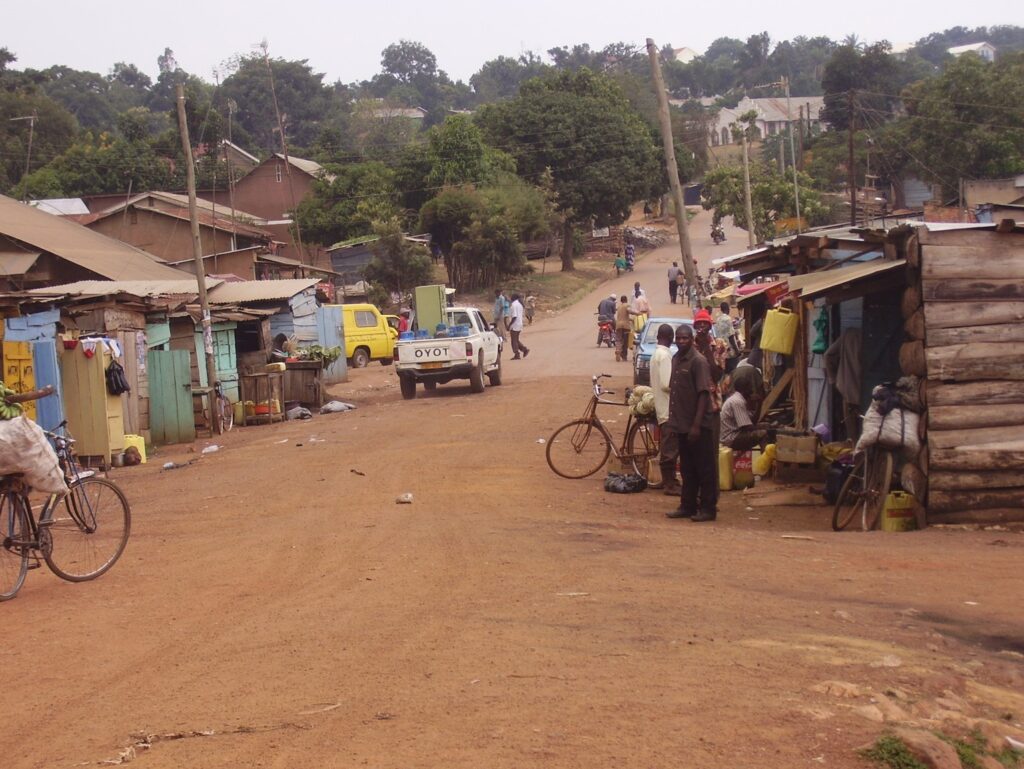
Sylvia Kiwuwa Muyingo reflects on her early fieldwork collecting health information from HIV-affected communities in Uganda and how this experience motivates her focus on vulnerable communities and appreciation of women’s unpaid caregiving roles.
Why are you talking to a blank screen?
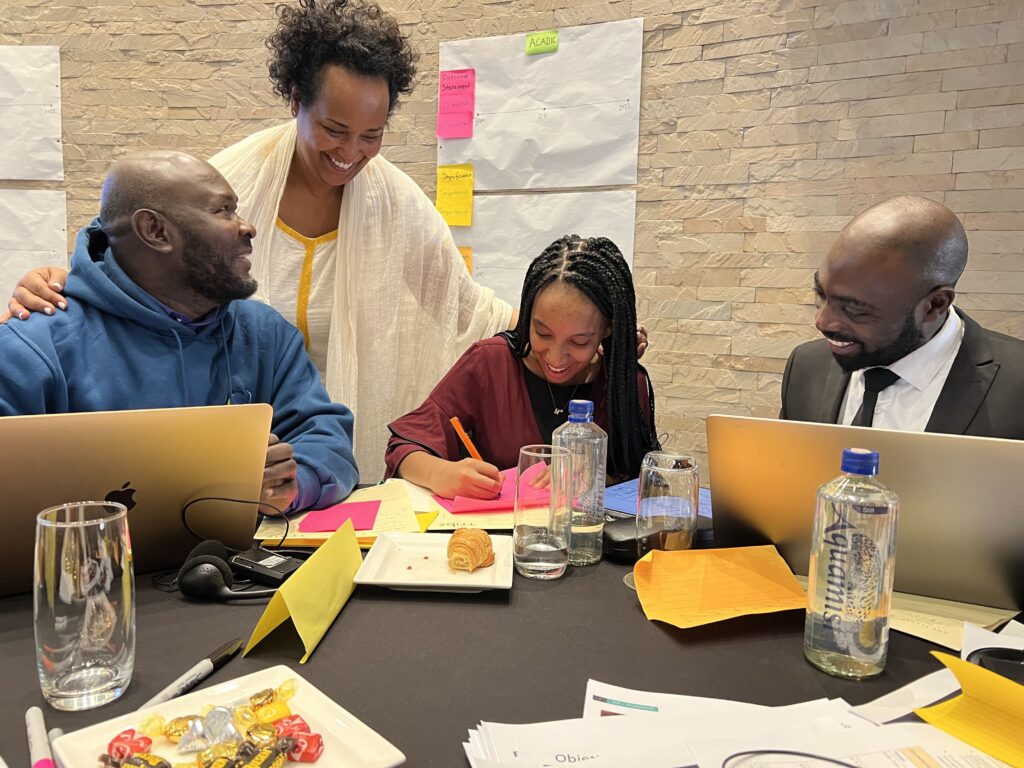
Mahlet Hailemariam shares her experiences of juggling online work, challenged by unreliable internet connection and power blackouts while caring for her mother.
Cook, Clean, Plan: A case for more gender-responsive policymaking
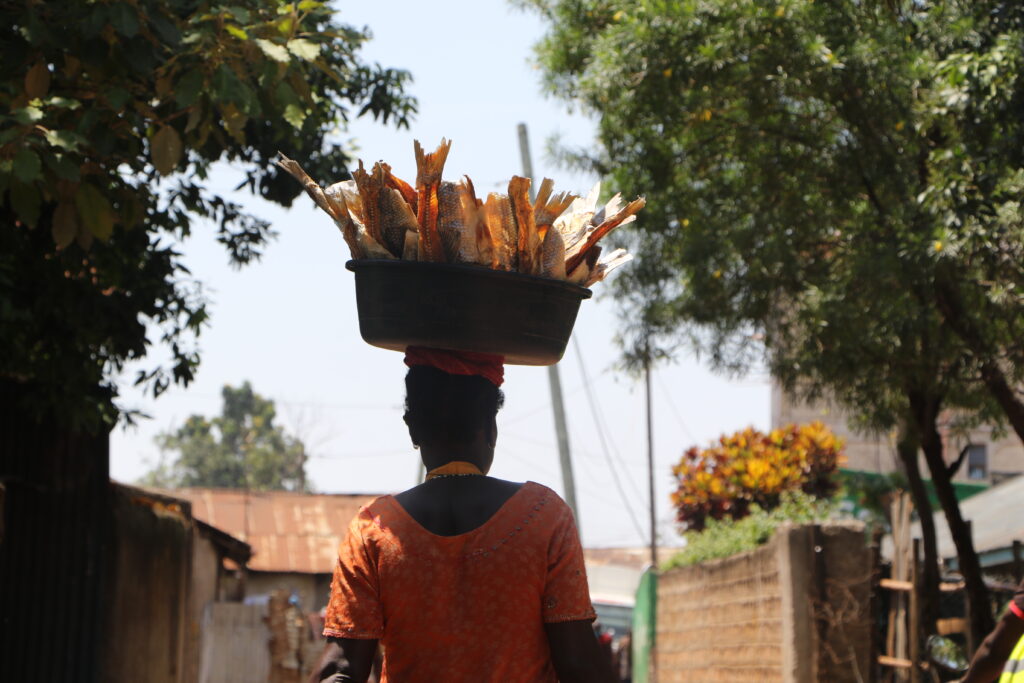
Michelle Mbuthia, Communications Officer at the African Population and Health Research Center discusses her personal experience of gender inequality and unfair distribution of domestic labor during the Christmas season in Kenya, and the need for candid discussions and collective efforts to challenge and change traditional gender norms and create a more equal society.
Can AI Have Its Cake and Eat It? Reducing Bias in AI Models May Not Always Be Desirable

What are the ethical dilemmas of trying to create unbiased and representative algorithms of women and men impacted by epidemics as a data scientist? Learn what Amelia Taylor has to say about it.
AI Research and COVID: Journeys to Gender Equality and Inclusion
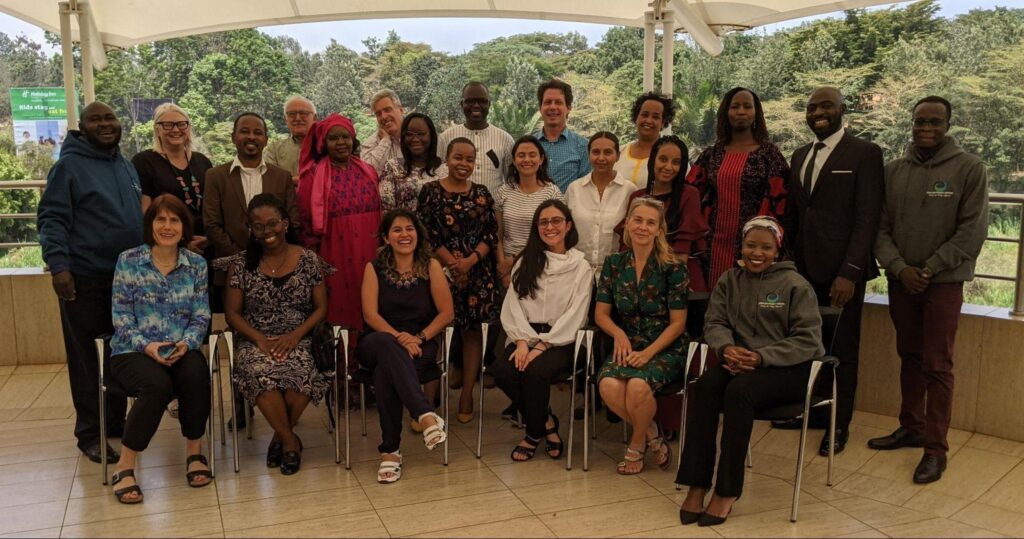
The AI Research and COVID: Journeys to Gender Equality and Inclusion series goes deep into this question through stories of experiences of, and efforts to tackle, gender inequality and exclusions.
Episode 24: Leadership Transitions, Feminist Dilemmas, Soft Winds and the Roses
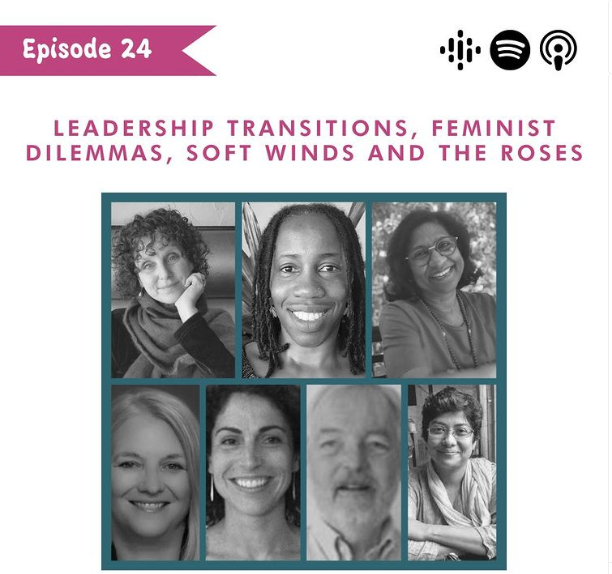
Episode 24: Leadership Transitions, Feminist Dilemmas, Soft Winds and the Roses G@W has a new Executive Director – madeleine kennedy macfoy. Welcome, madeleine! In this episode, we introduce madeleine and invite […]
Introducing madeleine kennedy-macfoy
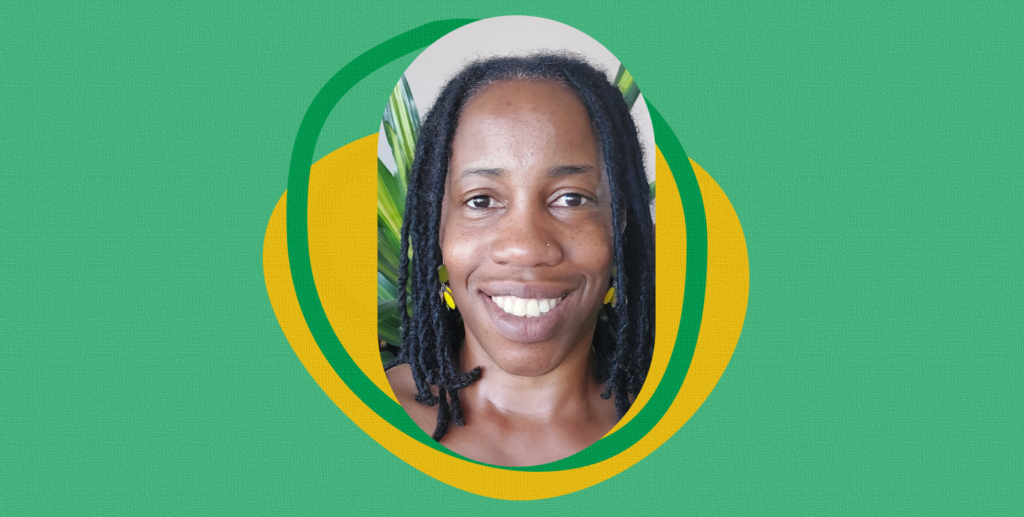
The same day in March that the World Health Organisation (WHO) declared the COVID-19 outbreak as a global pandemic, my Gender at Work colleagues and I were in a meeting room in Hyderabad. Oblivious to this fact, we were diligently planning for what promised to be a busy year for the next phase of the Project funded by Oak Foundation. After successfully executing phase 1 of the project, our first larger collective planning session for the second phase was scheduled for April 2020. We drafted a broad agenda to be finalized after our discussion with Civil Society Academy (CSA), co-grantee in this project. Needless to say, things did not go as we had planned.
Reflections on the Transgender Day of Visibility

The same day in March that the World Health Organisation (WHO) declared the COVID-19 outbreak as a global pandemic, my Gender at Work colleagues and I were in a meeting room in Hyderabad. Oblivious to this fact, we were diligently planning for what promised to be a busy year for the next phase of the Project funded by Oak Foundation. After successfully executing phase 1 of the project, our first larger collective planning session for the second phase was scheduled for April 2020. We drafted a broad agenda to be finalized after our discussion with Civil Society Academy (CSA), co-grantee in this project. Needless to say, things did not go as we had planned.
Feminists Leading Change: Women in Leadership Roles
Despite some progress in the workplace in the last few years, gender stereotypes are still entrenched in our societies and workplaces. Gender norms, stereotypes and socio-cultural practises can still be very restrictive for women’s participation in the workplace. Currently, women make up less than 10% of executive directorships in FTSE100 companies. Research shows that for women to aspire to rise to leadership positions, role models are vital.
Feminists Leading Change: Renata Avila
Meet Renata Avila, a feminist reimagining Artificial Intelligence to include us all. Expert in digital rights, she studies the politics of data, the evolution of transparency, and their implications on trade, democracy and society, alerting about a phenomenon she describes as digital colonialism. She is a Guatemalan, International Human Rights Lawyer and author. She is currently an HAI Race & Tech Fellow at Stanford University. With more than fifteen years of experience working in cutting edge issues related to technology and society. She co-founded and leads the




